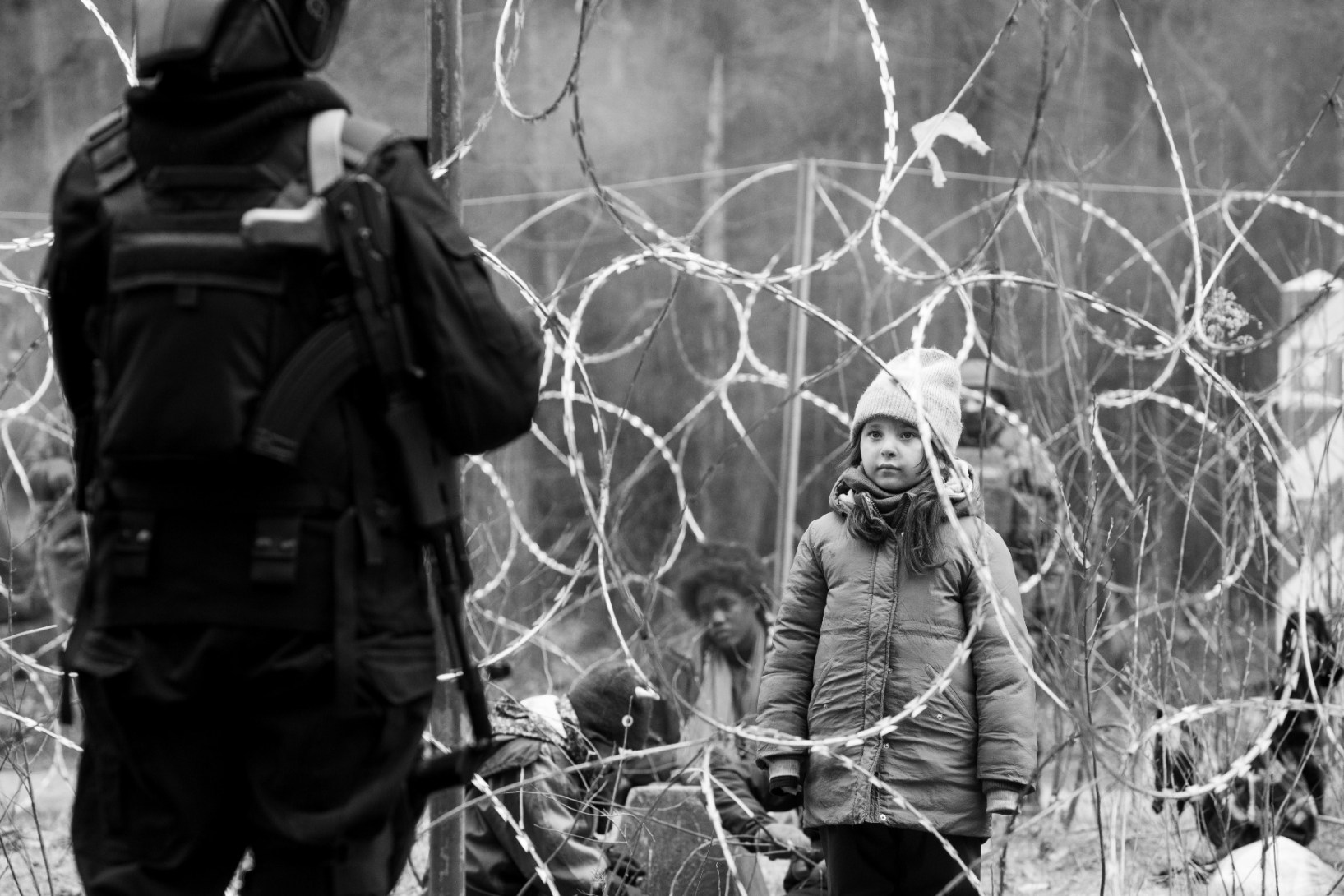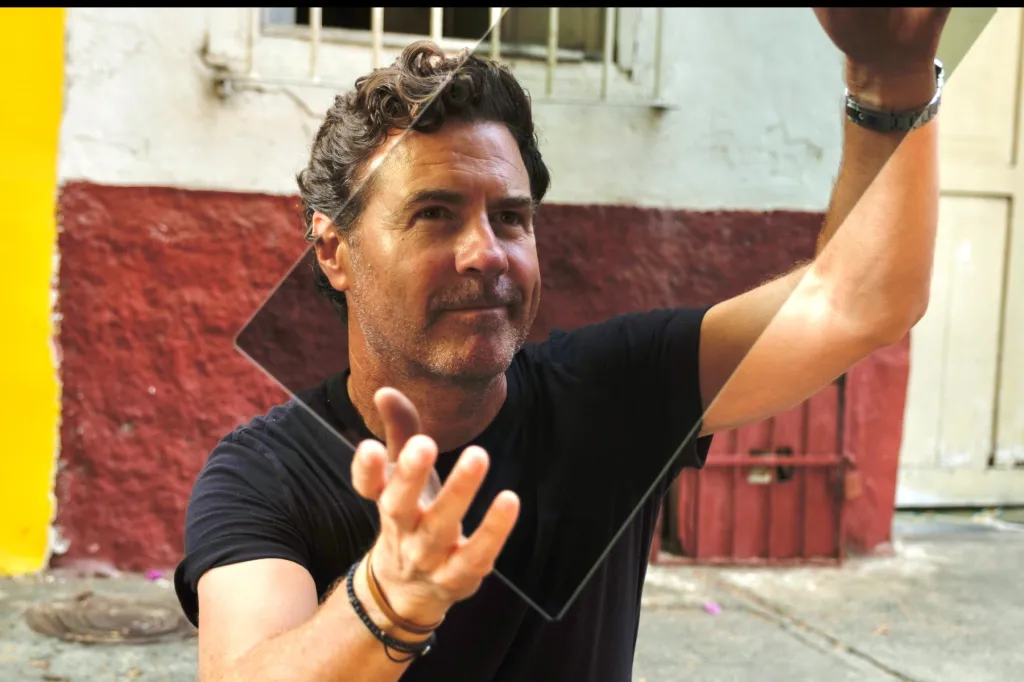Film review: Green Border
Ordinary people make their choices in an affecting film about asylum seekers caught in a cruel geopolitical game between Belarus and the EU, playing out on the Polish border

In between the sequels and the Marvels slips an astonishing film like this, starring no one you know directed by a woman who in an earlier film, Europa Europa, followed a young Jewish boy who survived the Holocaust by joining Hitler Youth.
That was 30 years ago and Polish director Agnieszka Holland turns her moral lens on a current outbreak of insanity fuelled by two dictators, Russia’s Vladimir Putin and his Belarusian toady Aleksandr Lukashenko.
The refugees on the plane look well prepared with bags and face masks because this is the time of Covid. Among them is a Syrian family, a mother and father and two children, including an indulged boy called Nor who manipulates a stranger to give him the window seat.
Once they land in Belarus, their phones are lifelines as they arrange to meet a van driver who takes them to the forested strip of politicised hostility called the Green Border which leads to Poland. The refugees believe going overland is safer than coming by boat and they are elated when they make it into Poland, and enter the EU.
What happens next is grim and true.
You might like
Lukashenko lured asylum seekers to Belarus with easy visas and an assisted border crossing as a ploy to harass neighbouring Poland; knowing that, Poland does not want them.
Poles see the refugees as agents of war who invoke only hate and fear. The Syrian family we follow are dehumanised and depleted as they are rounded up by Polish guards with dogs and guns and forced back through the barbed wire fence and into Belarus, who force them back again.
The film is shot at a human scale in black and white, as if the truth, in colour, would be too much. The tonal choice emphasises the shadowy nature of Russian territorial ambition and the grey zone of national duty as the Polish guards enforce their brutal orders.
Not all of the guards are untroubled by this and Holland changes perspectives to expose the Polish propaganda that makes the guards treat these people as objects to be hunted.
Subscribe for updates
“One mistake and in six months we’ll have a bomb on a subway in Warsaw,” says a guard who is convinced the border is a pipeline for terrorists.
“They aren’t people, they’re live bullets,” says another.
Then the focus switches again.
There are people who care deeply about what is happening and Polish activists also operate in the shadows, following pins on phones to locate groups in the swampy woods who need help. They have to stay within the law which means providing soup, dry clothing and first aid for injuries and frostbite but little more.
Holland gives the catastrophe a devastating personal focus through the Polish guard Jan (Tomasz Wlosok), the volunteer activist recruit Julia (Maja Ostaszewska) and the asylum seeker Bashir (Jalal Al Tawil) whose family is Syrian and a resourceful Afghani woman Leila (Behi Djanati Atai) who travels alone.
Their stories sound a warning about the perilous moral slide that happens when a nation reduces others to objects of ideological hate. For cinema goers, it is a dynamic thriller whose harrowing notes are balanced with moments of music, humanity and grace.
Green Border is in cinemas now

